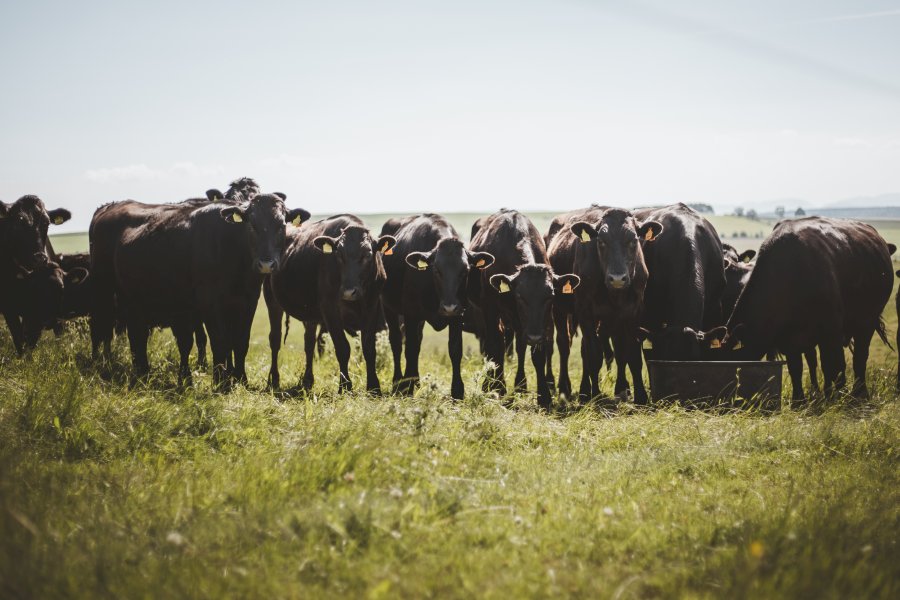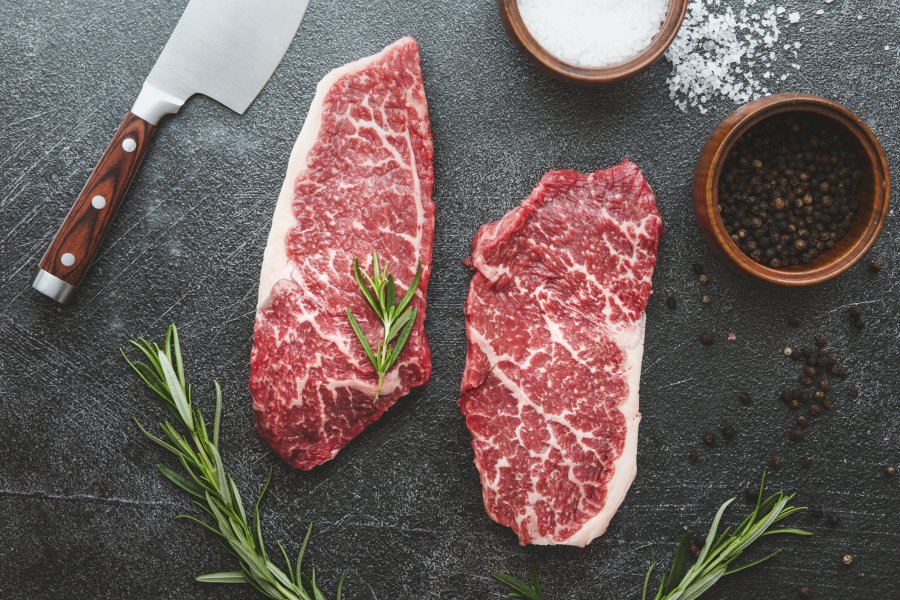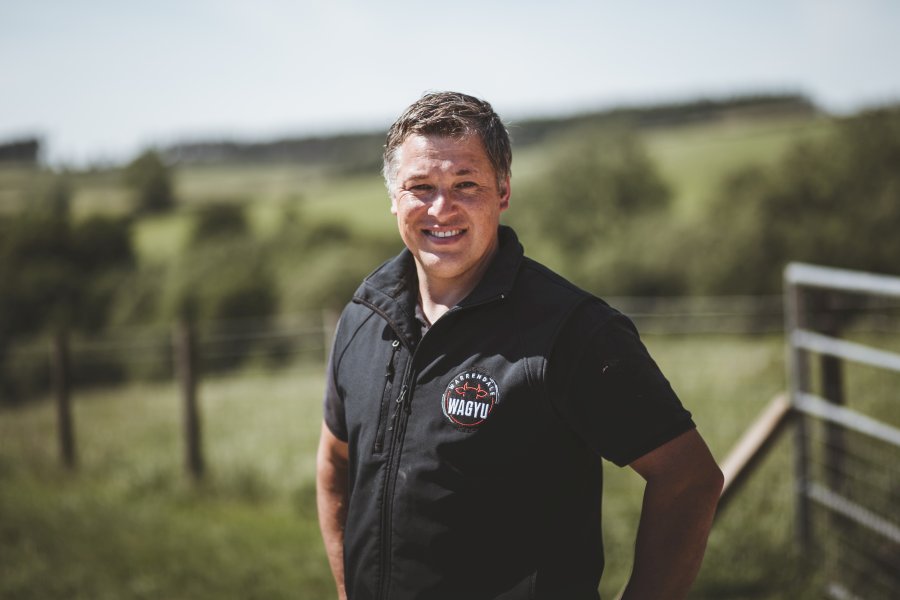
A Yorkshire-based farming business which specialises in Wagyu genetics has received a global welfare award for its novel approach to beef production.
Warrendale Wagyu, a firm producing beef in partnership with farmers across the UK, has received an award from Compassion in World Farming (CIWF).
Warrendale Wagyu was singled out for a Good Calf Award due to the company's high welfare policies and practices.
Specialised Wagyu genetics are used on 80 dairy farms to produce a Wagyu cross animal which are reared in high-welfare systems by specialist calf rearers.
The company has 6,000 cattle with 120 calves being born every week. Through a partnership approach with over 150 local farmers it supplies much-lauded Wagyu beef to retailers.
Jamie Brownrigg, production director at the firm, said that winning the award was recognition of the 'hard work' of its farmer suppliers.
“We work with them to maintain links and agree buy-back contracts for the animals meaning all parties have a vested interest in their welfare and they are given the best start in life.”
He explained that high welfare practices were implemented as soon as calves were born, and cattle received colostrum within the first six hours of life.
Mr Brownrigg said cattle were social animals and one of the key requirements of this award was the provision of group housing.
All Warrendale Wagyu calves are reared in open barns with deep straw bedding and are fed on a natural diet consisting of milk, cereals and fibre - including preserved grass.

“This prepares them for when they’re old enough to move onto a ‘growing’ farm where they graze outside on fresh pasture,” Mr Brownrigg explained.
“A localised approach to farm partnerships means transport times between farms is kept to a minimum. In some cases cattle are even able to walk between sites."
The firm's commercial director, Tom Richardson explained that this approach was part of Warrendale’s unique market positioning.
“The eating quality of Wagyu beef is renowned around the world, but our customers also recognise our brand to be all about animal welfare and sustainability,” he said.
“Calves from dairy cows have sometimes been viewed as a by-product of the milk industry, but Warrendale works with farmers to give a purpose for these Wagyu cross calves and ensure they are reared and cared for through this system.”

Mr Richardson said that Warrendale’s model of partnering with local farms and utilising grassland that couldn’t efficiently produce other crops boosts the beef's environmental credentials.
Cattle are then finished in open straw barns on a locally grown soya-free diet to develop the Wagyu’s signature marbling, before being processed at a facility which emphasises welfare to maintain a positive effect on meat quality.
Wagyu beef has a genetic predisposition to contain a higher percentage of omega-3 and omega-6 fatty acids than other beef breeds, meaning it has a better ratio of healthy fats to saturated - unhealthy - fats.
Mr Richardson said wagyu was renowned for its eating quality, which consisted of 'flavour, tenderness and succulence'.
“Our produce is the coming together of a variety of measures put in place throughout our supply chain to provide complete consumer confidence and satisfaction”
